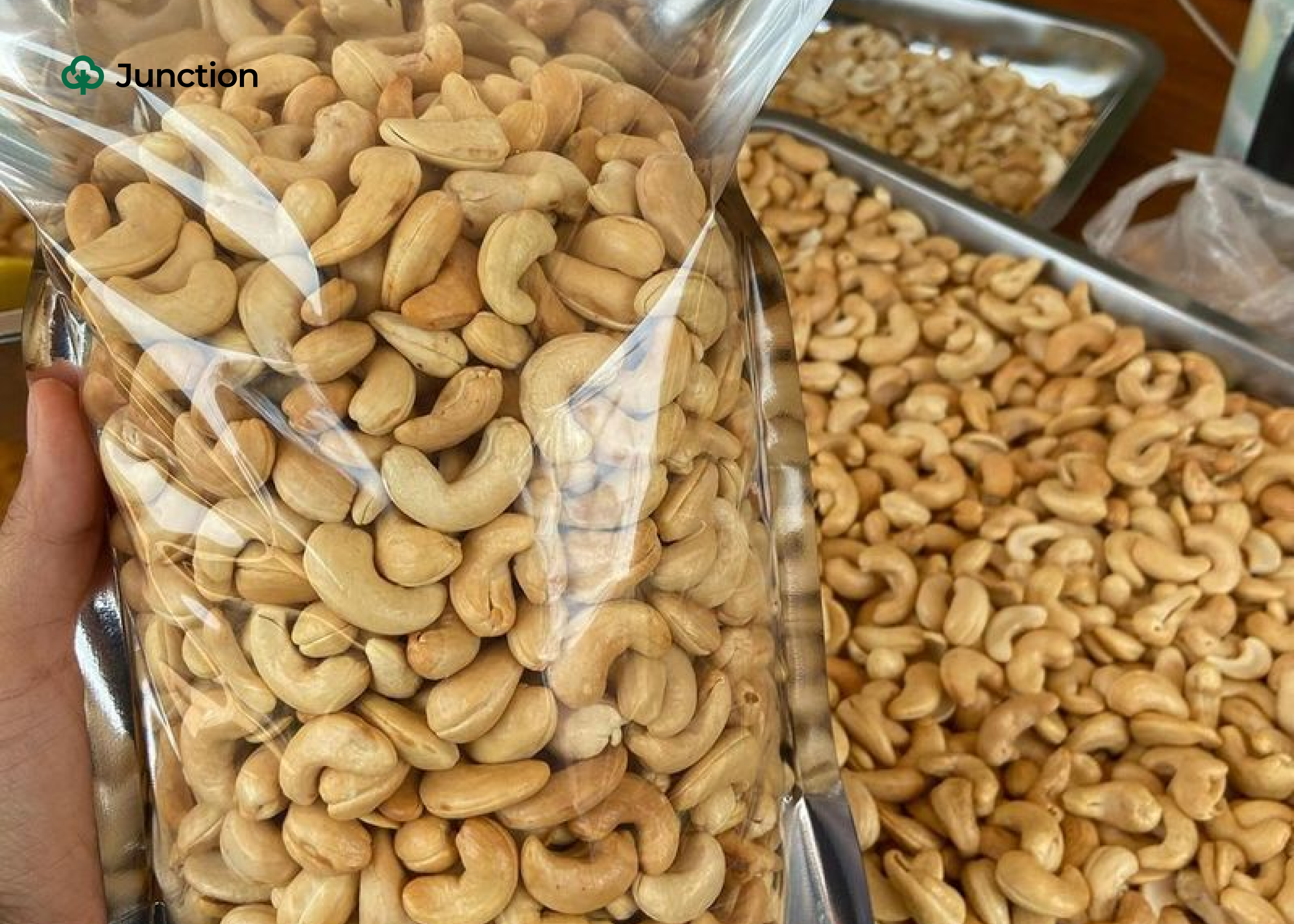News in brief:
– Kogi cashew dealers allege foreign buyers are disrupting the value chain, bypassing local merchants and exploiting farmers.
– They call on the government to enforce policies that protect local businesses and ensure economic benefits for Nigerians.
Cashew dealers in Kogi State have called on the federal and state governments to intervene and curb the growing interference of foreign buyers in the cashew industry. They allege that these foreign entities, particularly Indians, Chinese, and Vietnamese, are bypassing local merchants and purchasing directly from farmers, a move they claim is disrupting the value chain and impoverishing local stakeholders.
30 years of unchecked foreign influence
Speaking on the matter, some dealers lamented that they have been grappling with this issue for over three decades. Baba Mohammed, the Board of Trustees (BOT) chairman of the Kogi Cashew Dealers Stakeholders Association, explained that foreign buyers’ direct engagement with farmers undermines local merchants and reduces farmers’ income, contributing to rising poverty and insecurity.
He stressed that the cashew industry follows a structured value chain that includes farmers, buyers, licensed buying agents, merchants, exporters, and processors. However, the interference by foreigners disrupts this process, sidelining local businesses and hindering the economic benefits meant for the local population.
State assembly moves to intervene
In response to these concerns, Mohammed revealed that the Kogi State House of Assembly has fast-tracked a motion directing the Ministry of Agriculture to address the issue. He expressed optimism that government intervention will protect local livelihoods and ensure that the cashew industry remains beneficial to the local economy.
“The association is not against foreign investment in the cashew industry,” Mohammed clarified. “However, they must follow due process and not bypass local merchants. Foreign buyers should contribute to adding value to the local economy rather than merely exporting raw materials.”
Idris Yakub, the vice chairman of the association, echoed similar sentiments, noting that foreigners are taking over the role of local buyers, driving down prices, and taking advantage of farmers’ limited exposure to market dynamics.
“There is a federal government policy prohibiting foreigners from purchasing directly from farmers at the farm gate, yet this policy is being flouted,” Yakub stated. He urged both state and federal authorities to enforce existing regulations and prevent further disruption of the value chain.
Yakub also highlighted the security implications of foreign dominance in the cashew trade, warning that the economic marginalisation of local players could exacerbate insecurity in the state.
The call for government action
Makama Adamu, chairman of the Kogi State chapter of the association, also expressed deep concerns over the growing foreign control in local cashew markets. He warned that if the trend continues unchecked, it could discourage local participation and cause further harm to the industry.
“It is unacceptable for foreigners to exploit our hospitality while undermining the cashew value chain,” Adamu stated. “We cannot allow them to take over and displace local businesses.”
With mounting concerns from cashew dealers, all eyes are now on the federal and state governments to take decisive action to regulate foreign participation in the industry, ensuring that local farmers and businesses are protected from exploitation.



